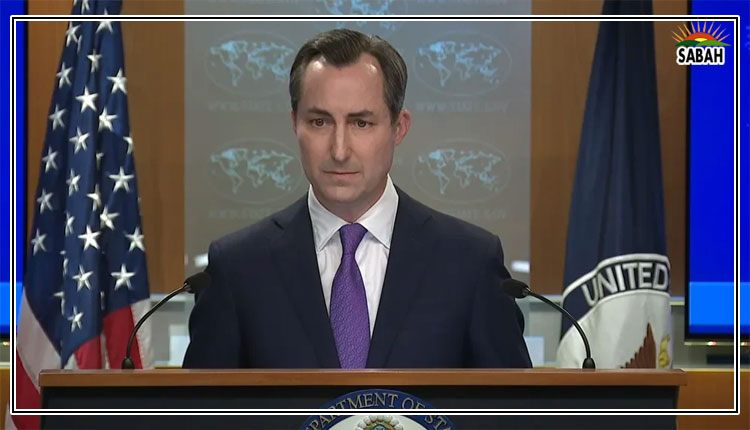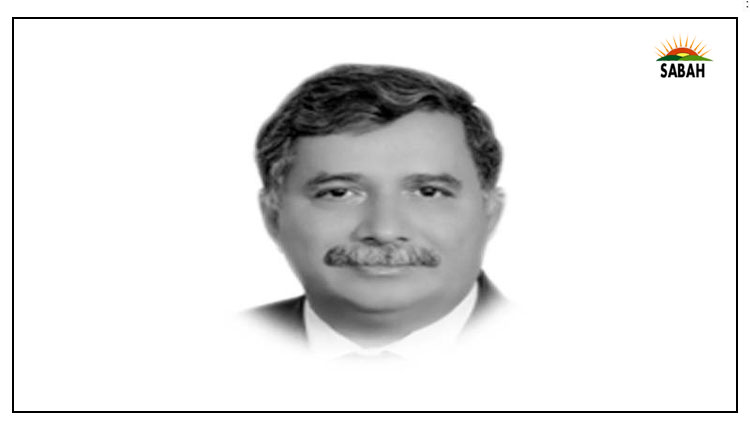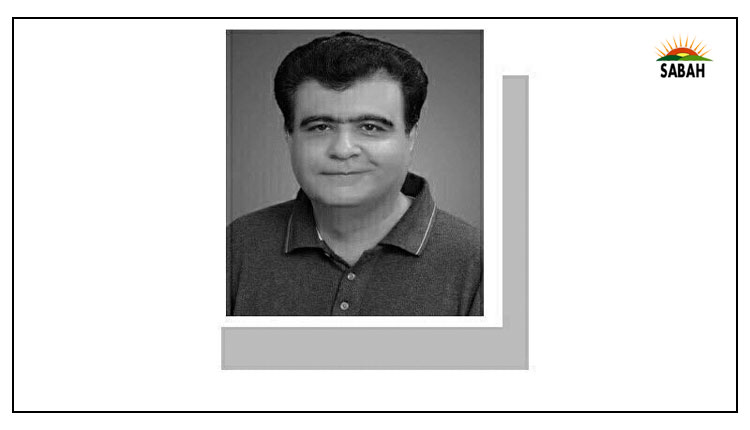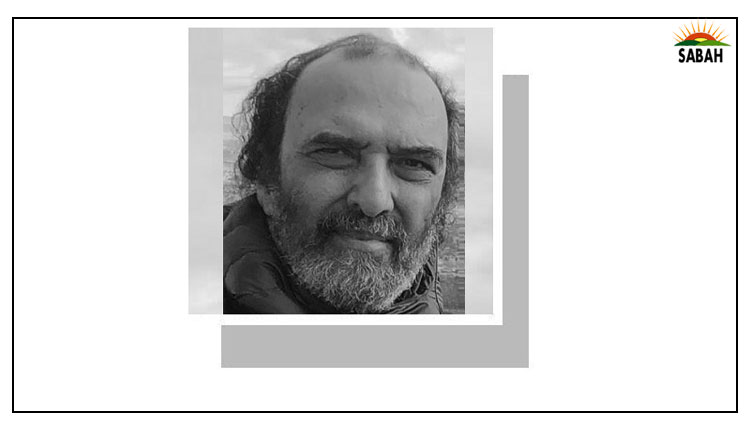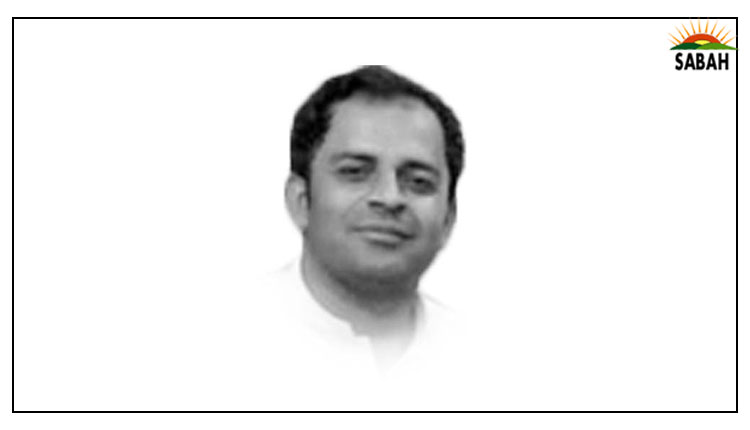Success of wrongdoings…Ali Hassan Bangwar
Some rise by sin, and some by virtue fall. William Shakespeare
Success and failure have remained the dynamic and cyclical fate of individuals and societies across history. An ascendancy at one time ultimately turns into decadency at another, paving the way for newer settings and experiences for repeating the same. What determines this cycle and drives this rise and fall? Though a number of personal, psychological, political, environmental, economic, and social factors play their role, the impact of vices and virtues has been reported to have a significant say in this regard.
Ideally, the rise of individuals and groups is attributed to virtuous thoughts and practices. That is to say, ones engagement with good often meets success, as the virtuous acts often get reciprocated with similar outcomes for the actors. In contrast, the doers of evil acts, thoughts, and practices are said to dearly cost the beholders by putting them on a downward spiral to decadency.
However, history and practices posit that the pursuit of good over evil has been essentially an exception for some individuals and societies and a rule for others. This is perhaps because deviant acts, though unsustainable, apparently hold more promising and relevant outcomes for ones greed and ego. For many, an act holds greater potential prospects than a good one.
A carefully cultivated breakdown of the laws and moralities culminates in an environment where the conventional outcomes of good and evil get replaced with each other. That is, when lawlessness becomes law, sinners and criminals rise to prominence and assume the status of being the architects (of doom) of public fates. This rise of sin unleashes cascades of chaos so much so that society begins to be criminalised and becomes the centre of the polycrisis. And its these crises that its architects tirelessly work for. This is because chaos is something that serves as a self-centred means to lucrative ends for its perpetrators.
This suffocates the space and scope of the virtues and makes them unproductive, if not harmful. The futility of exalted acts and otherwise legal practices and the productivity of criminal ones make the latter the most sought-after by most people. As a result, people choose to rise through sin rather than fall through virtue. Over time, the sin begins to be internalised in the hearts and minds of people to the extent that it ceases to be viewed as such. Amidst this, people dont judge each other for the goodness of their acts; they judge each other merely by sinning differently.
One character of such a society is the display of victory signs by the criminals on undue reliefs they earn from their accomplices imposed on the stakes of society. Also, these invest in and invent more methods of committing crimes than solving them. Our society exhibits the classic characteristic of rewarding unfair means more than whats earned through legitimate ones. In many instances in our part of the world, success isnt defined by ones ability but by the richness of cunning abilities or the criminal record. This culture of rewarding deviations more than conformity speaks volumes about the dichotomy in the words and actions of the stakeholders pretending to rule the country for a quarter of a century.
However, both the means and ends of the evil backfire against the beholders and societies in the long run. That is, the rise of delinquents and the growth of criminal practices act as the beginning of the end of the status quo. In other words, the success achieved by unfair means turns into a pyric victory by costing the beholders more than benefiting them in the long run. Often, the carefully crafted social chaos ultimately engulfs its architects and buries them in its ruins.
As an axiom reads Every saint has a past, and every sinner has a future, the future of evildoers often becomes a horrifying past for future generations to learn lessons from. And had Shakespeare foreseen the plight of our society today, he would have revised his sentence by replacing some with most.
Courtesy The Express Tribune


